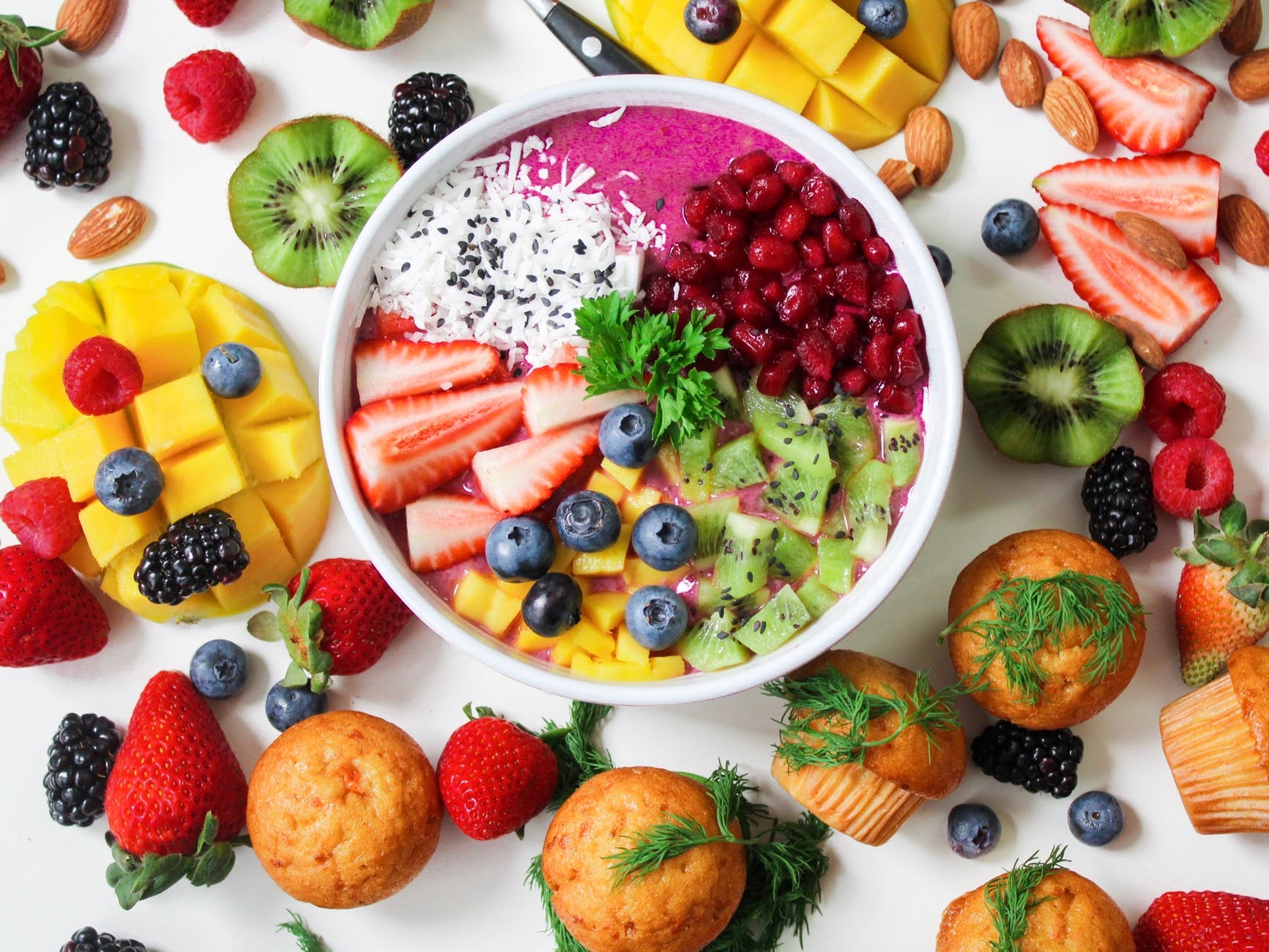This juicy fruit has been known to provide a range of health benefits for men, from reducing muscle aches to enhancing exercise performance. The high water content and high content of electrolytes in watermelon are great for men who love to work out. It also contains L-citrulline, which can increase your energy levels. Watermelon also has lycopene, which has been shown to encourage healthy prostate function. Research shows that men who eat at least 5 servings of watermelon per week have a lower risk of developing prostate cancer.
Citrulline in watermelon may be a natural Viagra
The amino acid citrulline in watermelon may help with sexual performance. Though it’s a non-essential amino acid, it has been linked with enhanced libido in men. Researchers have yet to determine the exact mechanism by which citrulline works in men. However, studies have shown that citrulline is present in greater concentrations in concentrated watermelon juice.
The citrulline in watermelon may have the same effects as Fildena 200 mg. It works by triggering the production of a chemical in the body that relaxes blood vessels. The compound is present in both the rind and flesh of watermelons. It reacts with body enzymes and is converted into the amino acid arginine. This amino acid has multiple benefits, including cardiovascular health, the immune system, and the heart.
It contains two distinct amino acids
Citrulline and lysine, two of the amino acids in watermelon, are linked to increased sexual performance and may improve erections in men. Both are non-essential amino acids but have positive effects on men’s health. Neither is a substitute for Viagra, but watermelon may be a good option for men with erectile dysfunction.
Lycopene, a major antioxidant in watermelon, helps reduce oxidative stress and lipid peroxidation. In turn, this may promote male fertility. It is also believed to support prostate health. Its high antioxidant content is one of its many benefits, making it a valuable addition to any diet. Watermelon contains 40 times more lycopene than tomatoes.
It has high levels of vitamins A and C
In addition to being high in vitamins A and C, watermelon has plenty of antioxidants. Vitamin A is a good antioxidant for skin care, while vitamin C can help prevent cancer. Both vitamins are essential for healthy skin. Vitamin C boosts collagen production and prevents skin aging. Vitamin A helps to repair skin cells. It also fights acne. Vitamin B6 has anti-inflammatory properties and helps keep the skin looking youthful and healthy.
Watermelon contains 4% of the Daily Value for fiber, which helps to keep the digestive tract moving and increases the bulk of the stool. Also, it contains lots of water, which keeps food moving through the digestive system. A diet high in fibrous foods helps regulate bowel movements, so drinking watermelon is a great way to keep bowel movements regular. Watermelon also has a high concentration of lycopene, the chemical that gives fruits and vegetables their red color. Studies have found that this phytonutrient may help prevent cancer.
Watermelon also contains antioxidants, which are beneficial for your body. Antioxidants are substances that remove reactive species in the body. Free radicals are produced by the body during metabolism, but they can also develop from environmental factors, such as air pollution and smoking. When free radicals build up in the body, they can cause oxidative stress, which can lead to cell damage and a number of diseases. Dietary antioxidants can help support this process by eliminating free radicals in the body.
It has a low glycemic index
Many men don’t consider watermelon to be a healthy snack or fruit. While it is high in vitamins and minerals, it is thought to have a high glycemic index. However, studies have shown that it actually has a low GI, making it a great choice for men. Watermelon is a high-GI fruit, so eating it in moderation is best. It should also be paired with other fruits with lower GI. It’s also best to eat fresh fruit, as it doesn’t have any added sugar. Canned or frozen fruit should have no added sugar. Check the label, as well.
Using the glycemic index as a guide to make a healthy diet is not always helpful. While it does help with blood sugar control, you need to consider the glycemic load, which measures the amount of carbohydrates a serving of a food contains. A large portion of watermelon can spike your blood sugar, so it’s best to eat smaller pieces.
A great way to cut your sugar intake is by eating fresh watermelon. This fruit is a great way to fill up before a meal, and it also tastes delicious. If you don’t like eating watermelon, you can freeze it and enjoy a refreshing slushie or smoothie. You can also try it in more exotic ways, such as making a watermelon dessert.
It contains a lot of water
A large portion of the fruit is made up of water, which promotes overall good health, as well as improving the health of the prostate. Watermelon is also a rich source of the key antioxidant lycopene, which reduces lipid peroxidation and oxidative stress. It may improve male fertility and support prostate health. Additionally, watermelon contains more antioxidants than any other fruit, and it is the richest natural source of this important antioxidant. A single watermelon contains around 40 times the amount of lycopene found in a tomato.
A cup of watermelon has about one-third the recommended daily allowance of potassium. This important mineral and electrolyte helps lower blood pressure. It is also important for the functioning of the nervous system. According to a Florida State University study, watermelon can reduce blood pressure. Not only that, but its lycopene content may improve the cardiovascular system. Additionally, watermelon contains L-citrulline, an amino acid that converts to arginine. This amino acid increases blood flow in the bloodstream and lowers blood pressure.
The content of lycopene in watermelon is affected by the temperature and time of storage. However, the amount of lycopene increases as storage temperature goes higher. This may be due to the fact that the enzyme pathway responsible for producing carotenoids is sensitive to temperature. By consuming watermelon, men can ensure that they get the essential nutrients they need while at the same time keeping their blood pressure in check.
It may lower blood pressure
A study on obese men and watermelon consumption found that watermelon consumption could reduce blood pressure. Watermelon’s high content of L-citrulline, an amino acid that promotes healthy blood pressure, helps the body produce nitric oxide, a substance that dilates blood vessels and may lower high blood pressure. However, eating watermelon alone will not solve the problem of hypertension caused by factors such as lack of exercise or obesity.
A 286-gram wedge of watermelon provides more than a quarter of the recommended daily vitamin C intake for adult men. In addition to supporting bone health, it helps to maintain electrochemical balance in the body, which allows nerve cells to transmit impulses and muscles to contract. Studies have also shown that consuming enough potassium may lower blood pressure in men, which may have beneficial health benefits for men. Fildena 100 online reduces the risk of blood pressure.
While eating watermelon regularly does not lower your blood pressure by itself, regular consumption of watermelon can reduce your risk of cardiovascular disease. Studies suggest that consuming watermelon can reduce blood pressure in men as much as 30 percent. This fruit is best consumed as a snack or as part of a meal. It can also help to relieve arterial stiffness. You can find it in both natural and synthetic forms.


